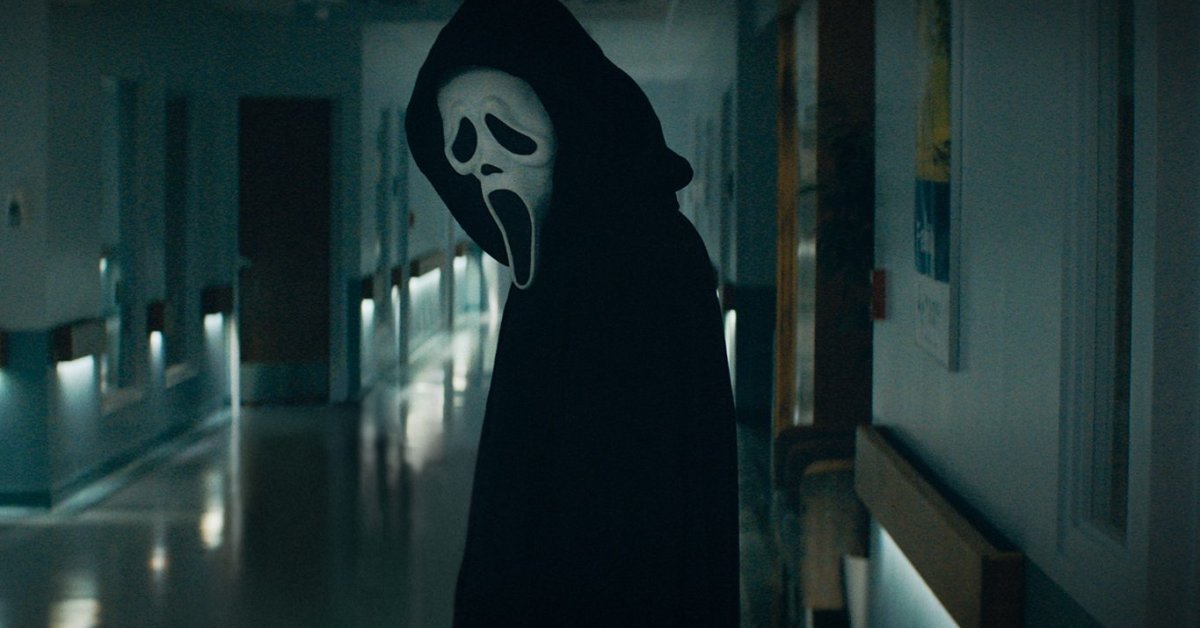President Joe Biden told House Democrats on Friday to hold off on his bipartisan infrastructure bill until they reach agreement on a scaled-back partisan tax and spending package funding the rest of his economic agenda.
The president’s visit to the Capitol resolved a weeks-long dispute between centrist Democrats who wanted a quick vote on the Senate-passed infrastructure bill and progressives who said they’d oppose it without passage of the tax and spending budget reconciliation package.
Biden ultimately sided with progressives on process but asked them for a concession on policy: The budget package needs to be scaled down from $3.5 trillion, which progressives already viewed as a compromise, to $2 trillion, give or take, while still addressing key party priorities like family leave, child care and climate change.
At the same time, the president counseled patience for centrists who’d been demanding action this week on the Senate-passed bipartisan infrastructure bill. Instead, the House on Friday passed a 30-day extension of surface transportation programs that lapsed at midnight, leading to furloughs of thousands of Transportation Department workers.
“I’m telling you we’re going to get this done,” Biden told reporters after meeting with House Democrats for about 30 minutes at the Capitol. “It doesn’t matter whether it’s in six minutes, six days or six weeks. We’re going to get it done.”
A dispute between the party’s moderate and progressive factions over the size and shape of a reconciliation package — encompassing child care, free community college, universal pre-kindergarten, health care and more — has held up both bills.
While moderates pushed for a vote on the infrastructure bill this week, Biden told lawmakers the two bills would need to move in tandem. “The president was very clear that … in order to get the infrastructure bill we need to come to an agreement on the reconciliation bill,” said Rep. Pramila Jayapal, D-Wash., chair of the Progressive Caucus, who has pushed for precisely that strategy.
Rep. Ruben Gallego, D-Ariz., echoed that assessment, saying Biden “has no confidence that if we try to pass [infrastructure] first that the reconciliation will also pass.”
The moderates who wanted to vote on the infrastructure bill this week, and had secured a commitment from Speaker Nancy Pelosi, D-Calif., that would happen, were not happy.
Rep. Jim Costa, D-Calif., called Biden’s pitch “a disappointment,” saying he spent most of the time discussing the reconciliation package. He was visibly frustrated that Biden didn’t push members to back the infrastructure bill, acknowledging that made his group’s push to have the vote this week untenable.
“Well, if it’s not a priority for him, then maybe it’s just not a priority period,” he said. “It’s a priority for me.”
Democratic leaders briefly debated trying to adopt a rule Friday that would officially link passage of the two bills, but quickly decided against it. They likely would not have had enough moderates to support it.
Pelosi, however, sent a letter to House Democrats Friday night making the connection. “Clearly, the Bipartisan Infrastructure bill will pass once we have agreement on the reconciliation bill,” she said.
Moderates fumed. Rep. Stephanie Murphy put out a statement calling Pelosi’s decision to go back on her commitment and delay the infrastructure vote “wrong” and saying she won’t let progressives use that bill as leverage to get what they want on the reconciliation package.
“There is no — zero — linkage between these two bills in my mind,” the Florida Democrat said. “I will continue to assess each bill on its own merits and to cast my vote accordingly.”
Progressives agreed to spend $3.5 trillion over 10 years on the reconciliation package, paid for mostly with tax increases on corporations and upper-income households, after initially proposing $6 trillion. Moderates have been trying to drive the price down further, with West Virginia Sen. Joe Manchin III proposing a ceiling of $1.5 trillion.
Seeking to broker a middle ground, Biden pushed for a price tag of about $2 trillion, several lawmakers said. Rep. Hank Johnson, D-Ga., said the president suggested a range between $1.8 trillion and $2.2 trillion. Others offered slightly different figures that all hovered around the $2 trillion mark.
Some progressives, however, were already pushing to up the ante above Biden’s suggested figure. Rep. G.K. Butterfield, D-N.C., said a better compromise would be around $2.4 trillion to $2.5 trillion, based on the revenue that would be generated from a tax package recommended by the House Ways and Means Committee.
“I think that’s a good place to land,” Butterfield said.
Other Democrats said they agreed with Biden’s priority of finding a middle ground that could win support from both the House and Senate, which Democrats control by razor-thin margins.
“He’s just reinforcing that it’s important for us to get done what we can on this very once-in-a-generation opportunity to make these investments,” said Rep. Steven Horsford, D-Nev. “If we don’t get all of what we need now, it doesn’t mean that we can’t continue to push for those investments in the future and I agree with that.”
Rep. Peter Welch, D-Vt., said Biden suggested reducing the overall price tag by shortening the length of popular programs, which would likely be extended in future years.
“If we get some of these programs in like child care, like paid family leave, those will sell themselves,” Welch said. “This is going to be available to folks who voted for Trump, and families that voted for Biden. And that’s a possible way to bring the number down.”
Once families understand the benefit of programs like an expanded child tax credit, he said, “nobody’s gonna want that to go away.”
Progressives, in a strategy session after the Biden meeting, discussed some of those tradeoffs. Jayapal said members debated whether they want to press for fewer priorities or having the programs they favor included for a shorter time. She said there’s more interest in the latter because that “will allow people to see all the different ways we’re investing in our communities.”
Reaching a deal would require more work and more time, several members said. “Not days,” said Rep. Brad Sherman, D-Calif. “Maybe weeks, maybe a lot of weeks.”
While Democrats continued to differ on policy and strategy, they said they were united in wanting both pillars of Biden’s economic agenda to become law.
“There’s no win for anybody until we get both of these bills done,” Welch said. “ Let’s all be clear about that. We have to be successful.”
Jennifer Shutt, Paul M. Krawzak and Mary Ellen McIntire contributed to this report.
Note: This article have been indexed to our site. We do not claim ownership or copyright of any of the content above. To see the article at original source Click Here













